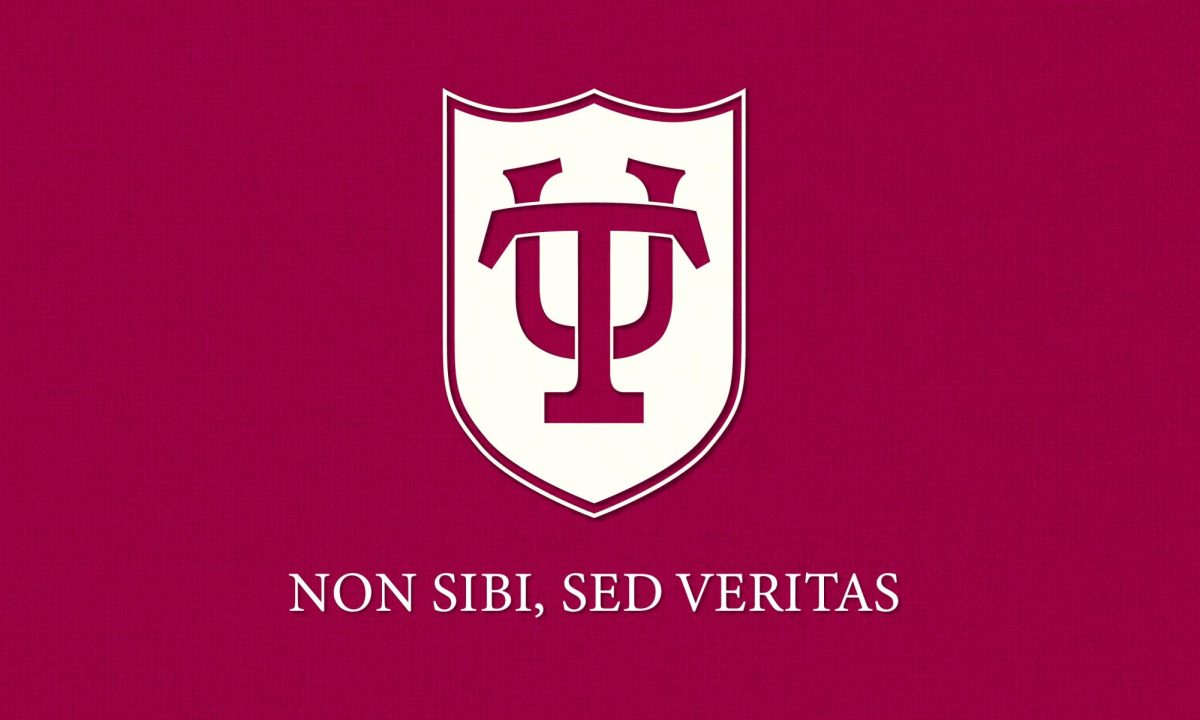This article is entirely satire. All information and interviews below are fictional and for entertainment purposes only.
With minimal progress in rankings, Tulane University has slipped out of the public’s favor. However, now, higher education knows not to underestimate Tulane again. Reminiscing on his days as a dean at an Ivy League institution, Tulane President Michael A Fitts has proposed to senior administrators his intention to merge with Harvard University. Regardless of any loss of identity, Tulanians should be flattered and eager to join the world’s best and brightest, Harvard.
In an internal email to administrators, Fitts highlighted his desire to relive his golden days, all while pursuing a revolutionary future for Tulane. As a Harvard alumnus himself, Fitts hopes to embrace and expand on Tulane’s elitist Northern attitude, more apparent in the Ivies. Many wealthy Tulane students and families who financially support the university feel out of touch with New Orleans. As the city’s primitive nature encroaches on Tulane’s culture, the university is at risk of losing its wealthy clientele. Thus, it is necessary to set forth a plan to please them and continue to garner financial support.
In the same email, Fitts also expressed dismay at Vanderbilt University, stating that their nickname as the “Harvard of the South” is completely erroneous and appalling. “Anyone with a functioning brain knows that Vanderbilt’s education is great at best. It is completely misleading to draw fantastical and delusional comparisons when they have not an ounce of Ivy material, compared to other prestigious universities in the South”.
As Fitts worded poetically, “anyone with a functioning brain knows” that this merger will bring unimaginable benefits to both institutions. This includes having current Tulane students live on campus for four years, as well as Harvard students getting a new playground. Additionally, Harvard is an institution that allows alcohol at student events, which should greatly benefit and excite Tulane students.
In addition to the social and cultural benefits, Tulane students outside the business school can finally gain competitive jobs, internships and resources while not being left to fend for themselves.
Tulane students must set aside their prejudices and think about what the school’s wealthy clientele wants. Does James Ridgewood Rothschild prefer to have his institution transformed to the best of the best? Or would he prefer to remain a part of the modest Green Wave? The answer is clear: It is time to move forward and rebrand.



